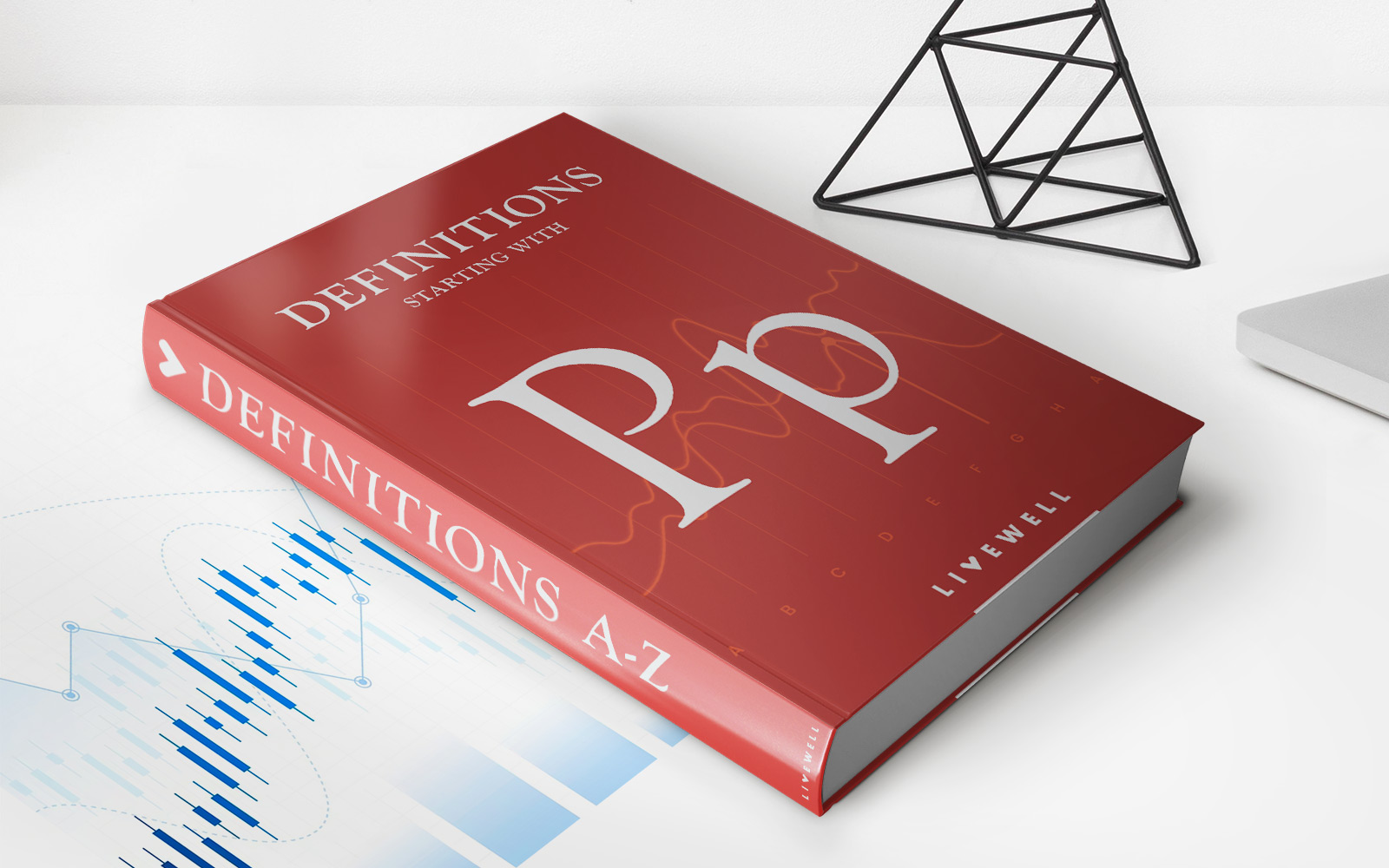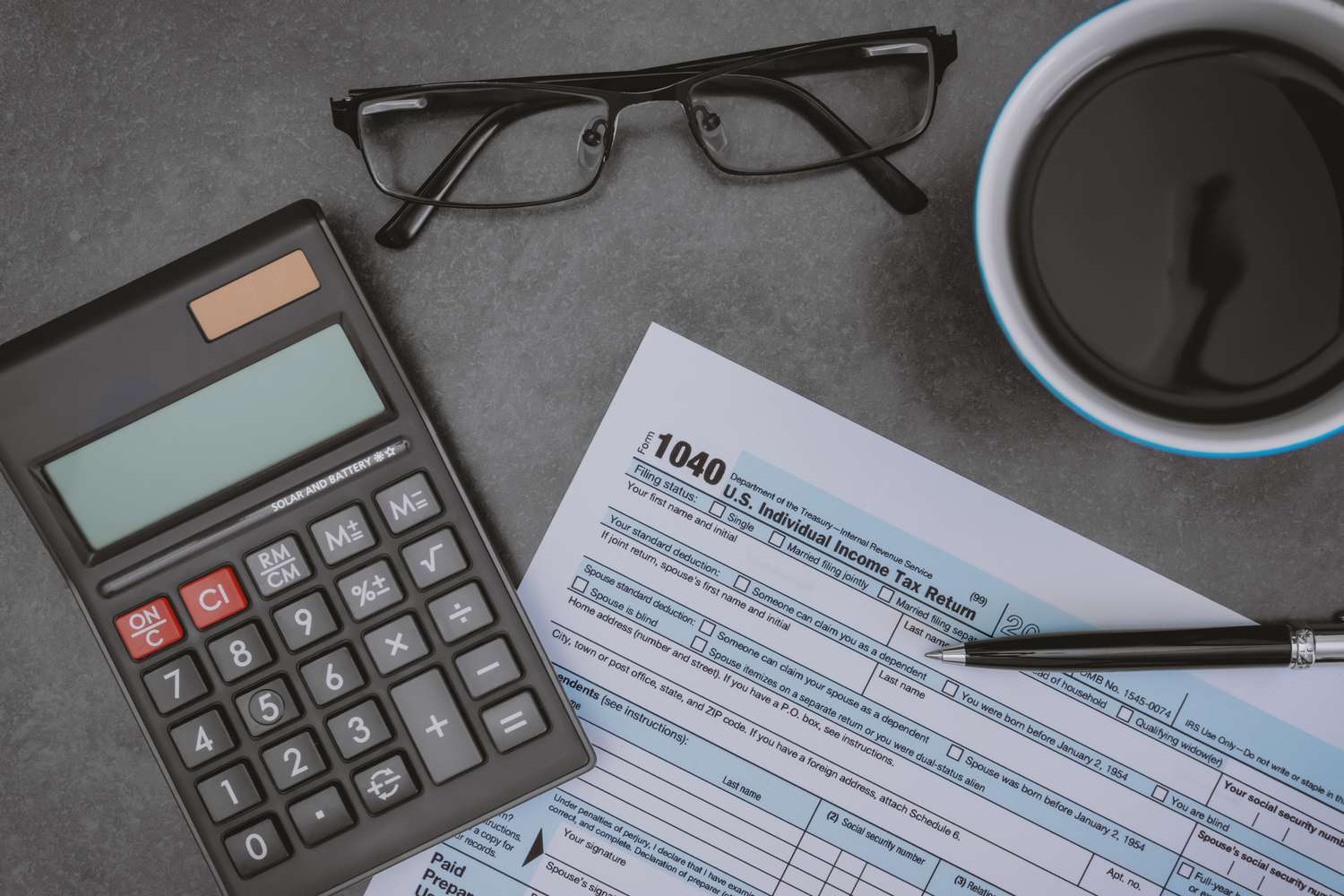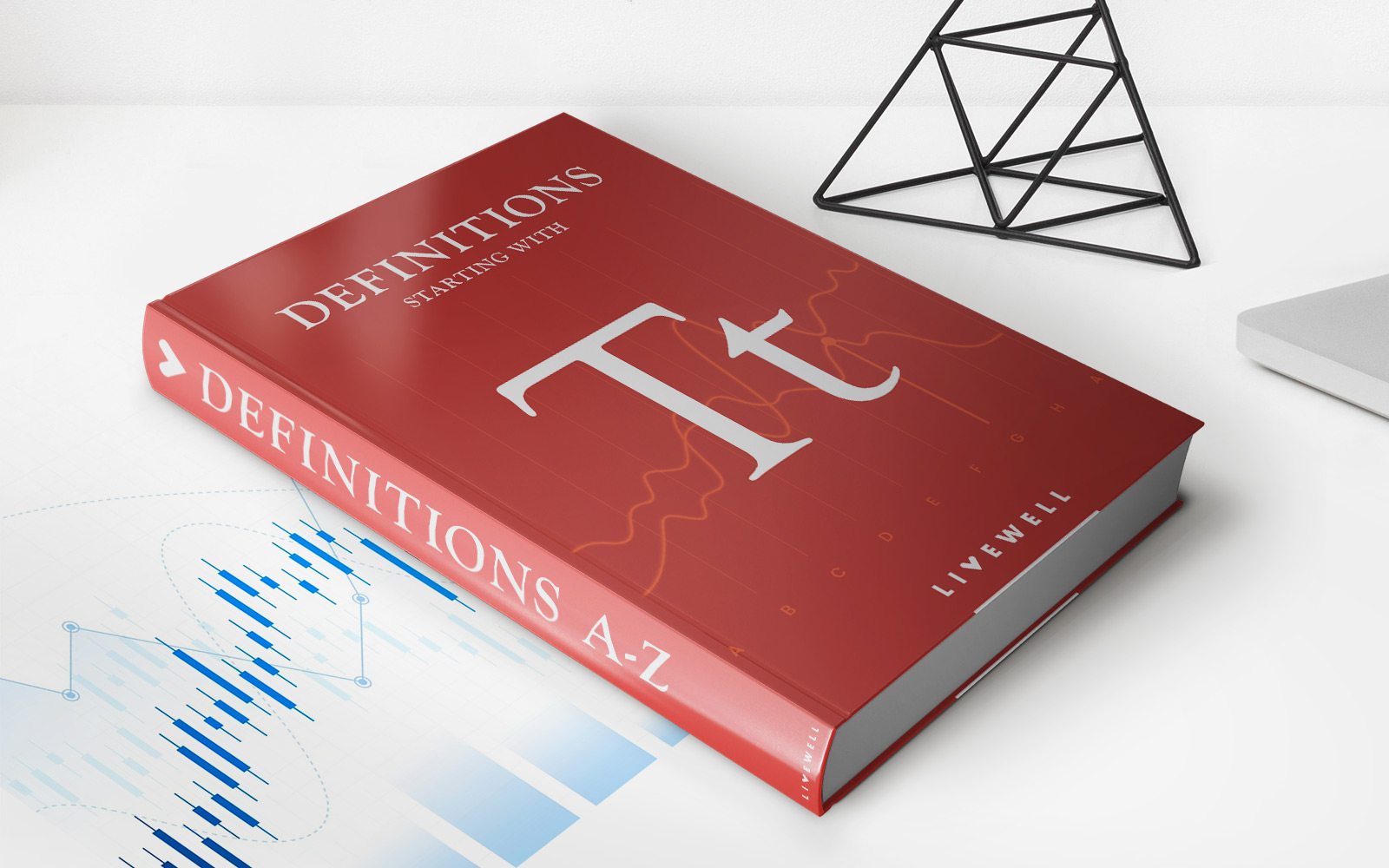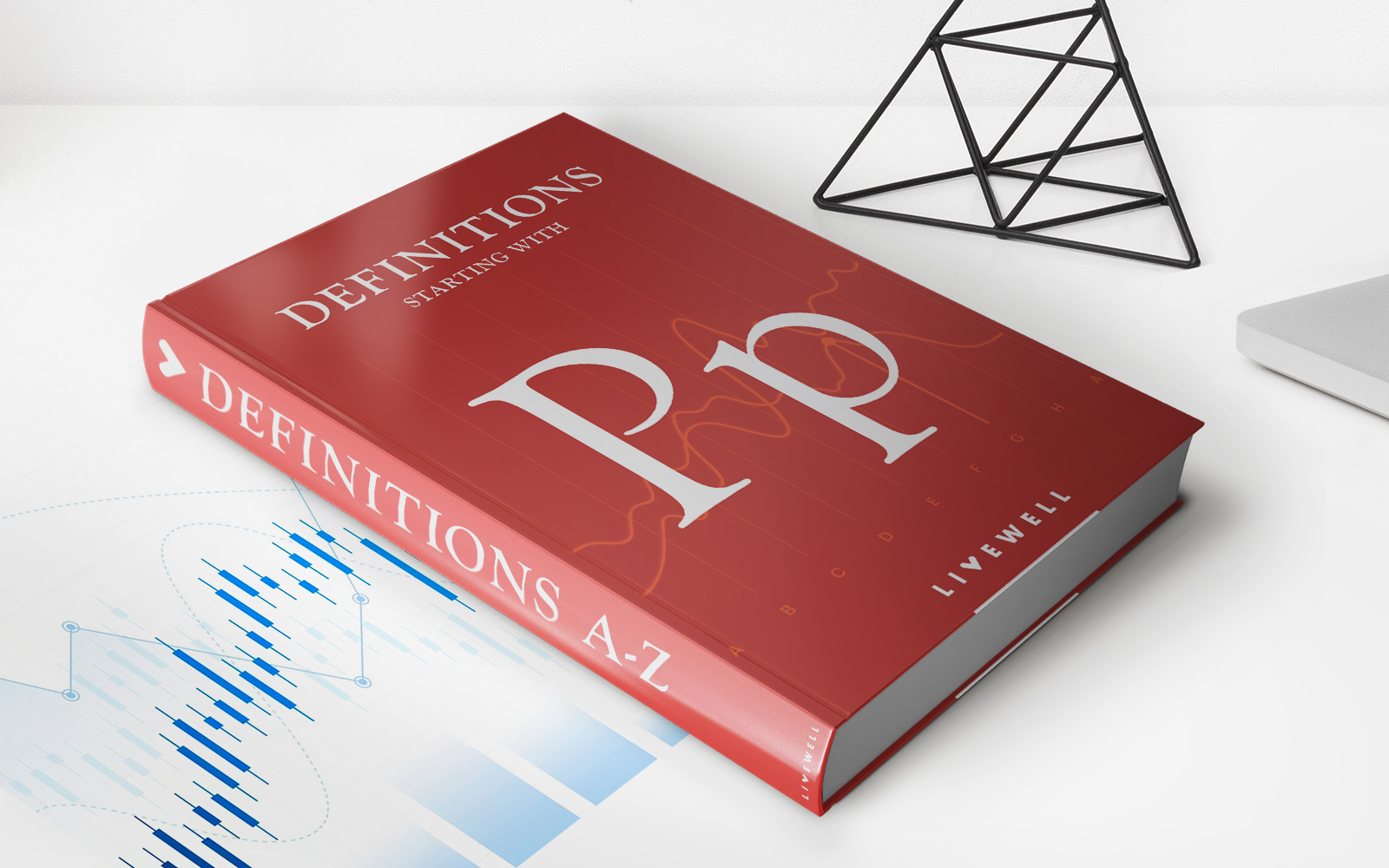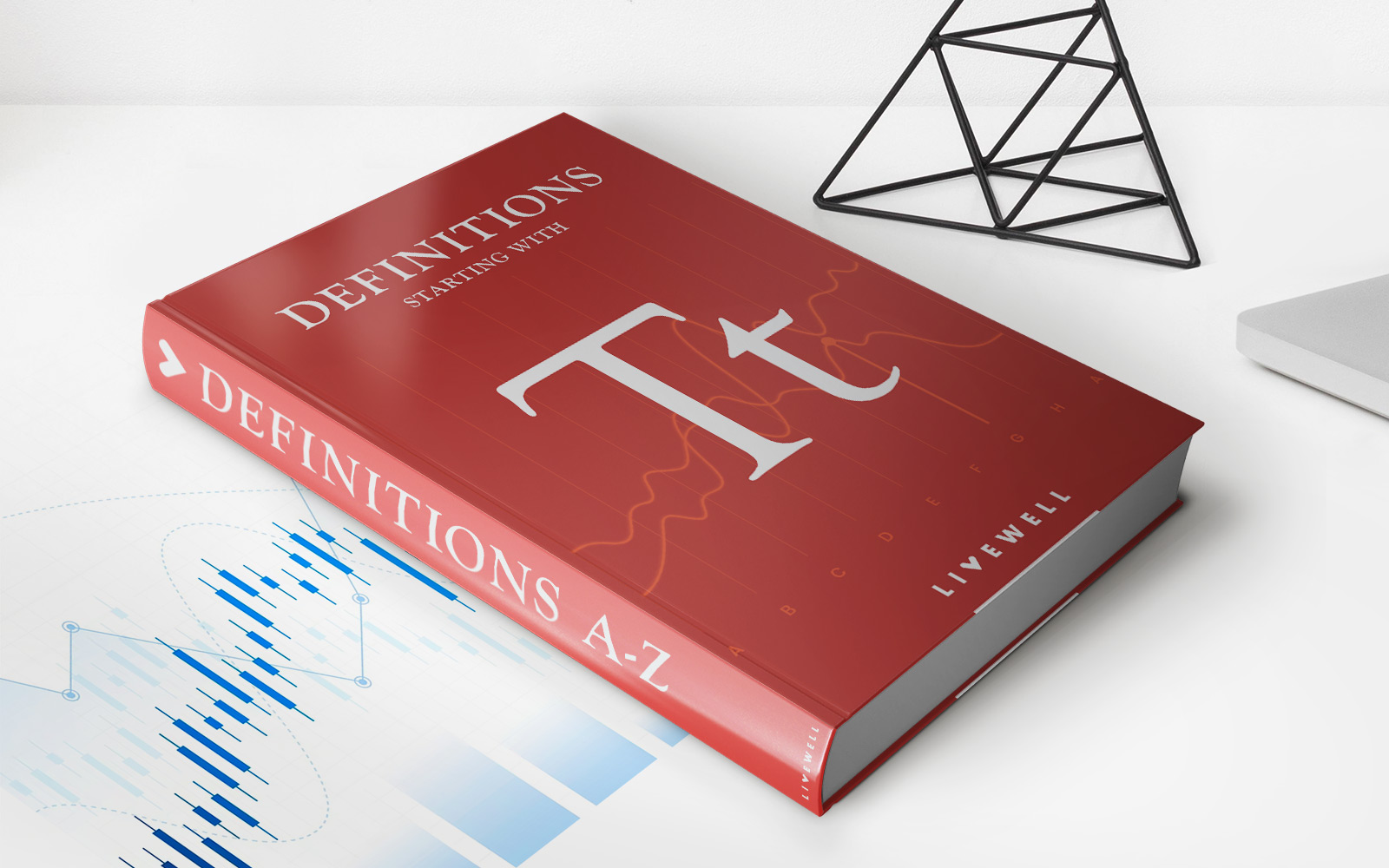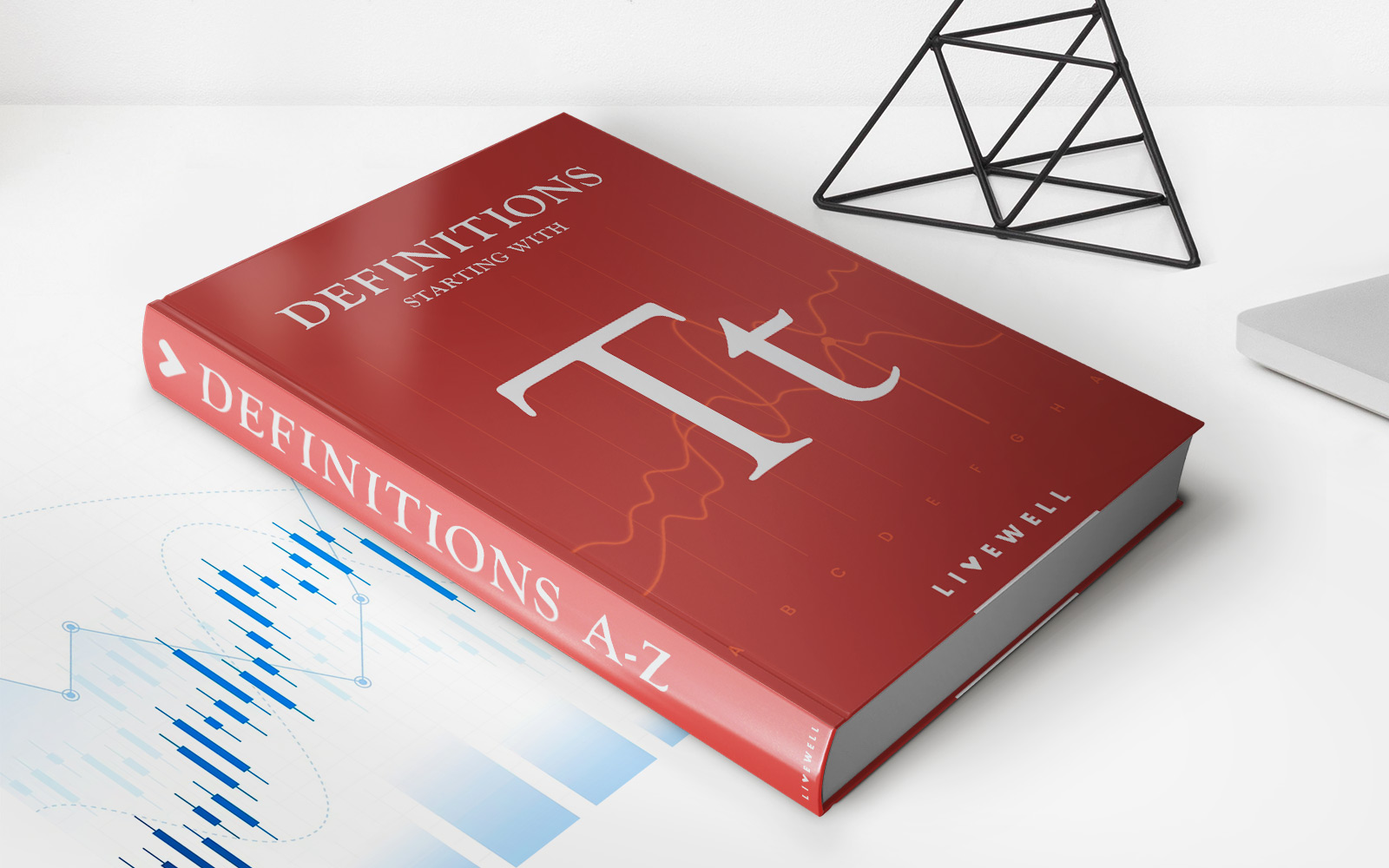

Finance
Taxable Preferred Securities Definition
Published: February 7, 2024
Learn about taxable preferred securities in finance. Understand their definition and how they function within the financial market.
(Many of the links in this article redirect to a specific reviewed product. Your purchase of these products through affiliate links helps to generate commission for LiveWell, at no extra cost. Learn more)
Taxable Preferred Securities Definition: Understanding the Basics
When it comes to managing your finances, understanding different types of investment options is key. One such option is taxable preferred securities, which can be a beneficial addition to your portfolio for investors looking for a balance of income and relative stability. In this blog post, we will dive into the definition of taxable preferred securities and explore their key features and benefits.
Key Takeaways:
- Taxable preferred securities offer investors the opportunity to earn fixed income through dividends.
- They are issued by corporations and are subject to federal income tax, unlike tax-exempt securities like municipal bonds.
What are Taxable Preferred Securities?
Taxable preferred securities, also known as taxable preferred stocks or simply preferred stocks, are a type of investment that represents ownership in a corporation. These securities typically pay fixed dividends to investors based on a predetermined rate and are considered a more stable investment compared to common stocks.
Unlike tax-exempt securities like municipal bonds, taxable preferred securities are subject to federal income tax. This means that the dividends earned from these investments are taxable. However, certain deductions and exemptions may apply.
Key Features of Taxable Preferred Securities
To better understand taxable preferred securities, it’s important to explore their key features:
- Dividends: Taxable preferred securities offer investors the opportunity to earn fixed income through regular dividends. The dividends on preferred securities are typically higher than the dividends paid on common stocks.
- Prioritized Payment: In the event of a company’s bankruptcy or liquidation, preferred stockholders have a higher claim to the company’s assets compared to common stockholders. This prioritized payment makes taxable preferred securities a more secure investment option.
- Callability: Some taxable preferred securities may be callable, meaning the issuing corporation has the option to redeem the securities before their maturity date. Callable securities may provide the issuing corporation with flexibility but can also affect the investor’s income stream.
- Potential Price Volatility: While taxable preferred securities offer stability, their prices can still be influenced by market conditions and interest rate changes. Investors should consider the potential price volatility when making investment decisions.
Benefits of Taxable Preferred Securities
Investing in taxable preferred securities can offer several benefits:
- Stable Income: The fixed dividends paid by taxable preferred securities provide investors with a stable income stream. This can be particularly attractive for income-focused investors who rely on regular payouts.
- Priority in Liquidation: Preferred stockholders have a higher claim to a company’s assets compared to common stockholders in the event of bankruptcy or liquidation. This prioritization can provide some security for investors.
- Diversification: Including taxable preferred securities in your investment portfolio can add diversification, helping to mitigate risk by balancing more volatile investments like common stocks.
- Tax Efficiency: While taxable preferred securities are subject to federal income tax, certain deductions and exemptions may apply, allowing investors to optimize their tax strategy.
By understanding the basics of taxable preferred securities, investors can make informed decisions about their investment portfolio, utilizing these securities to achieve their financial goals.
Whether you are a seasoned investor or just starting out, taxable preferred securities offer the potential for stable income and relative stability, making them a worthy consideration in your investment strategy.

